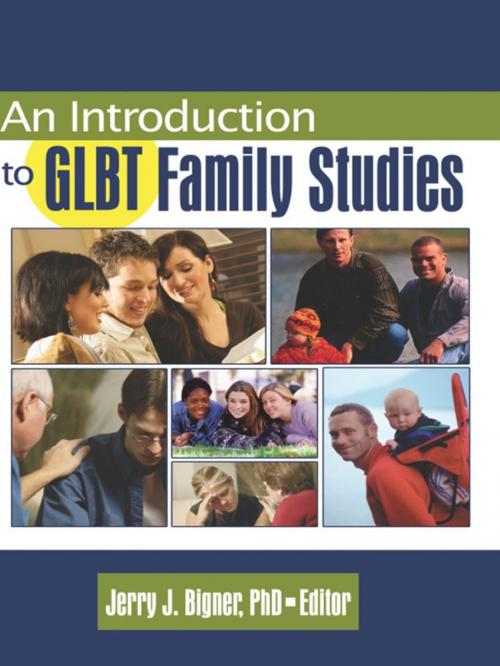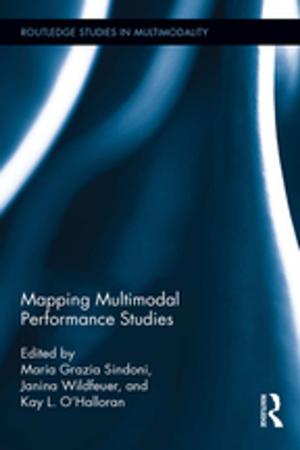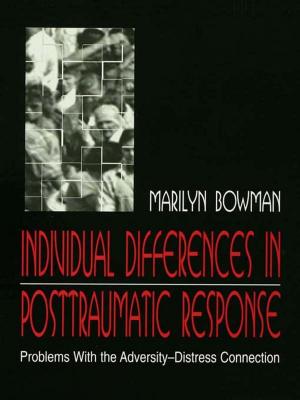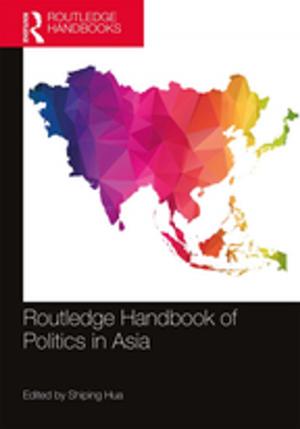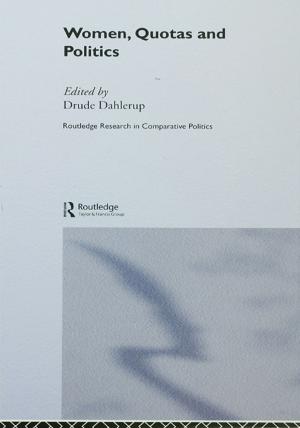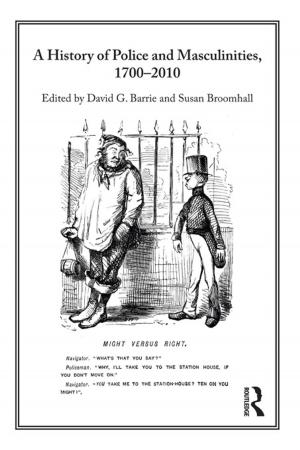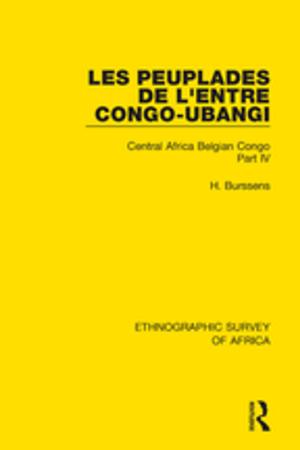An Introduction to GLBT Family Studies
Nonfiction, Family & Relationships, Family Relationships, Alternative Family, Social & Cultural Studies, Social Science, Gender Studies, Gay Studies| Author: | J Jerry Bigner | ISBN: | 9781136424717 |
| Publisher: | Taylor and Francis | Publication: | May 13, 2013 |
| Imprint: | Routledge | Language: | English |
| Author: | J Jerry Bigner |
| ISBN: | 9781136424717 |
| Publisher: | Taylor and Francis |
| Publication: | May 13, 2013 |
| Imprint: | Routledge |
| Language: | English |
Gain a better understanding of the special therapeutic issues and needs of GLBT families
In terms of research, GLBT families constitute a neglected segment of society. Gender and sexual orientation can make the issues in family studies even more difficult to work through. An Introduction to GLBT Family Studies tackles a challenging research topic by presenting noted experts examining the latest information on the newest type of family studies-GLBT families. This groundbreaking text explores a wide range of unique problems faced by nontraditional families, as well as issues common to traditional families that need to be approached with a GLBT perspective.
Though homophobia and heterosexism constantly influence GLBT families, these factors do not necessarily overwhelm the dynamic of their basic family unit. Issues present in many traditional families are found when researching GLBT families. An Introduction to GLBT Family Studies spotlights the issues, research, and future trends that provide a foundation for the study of GLBT families. This breakthrough volume focuses not only on the obvious unique factors within GLBT families, but also on the elements encountered within families that are present regardless of sexual orientation and gender, such as physical and emotional abuse. Expert contributors present research findings on family pattern issues relating to parent-child relationships, child development, sibling relationships, family structure, intimate relationships, stepfamilies, alternative family structures, and extended family relationships. Each chapter is extensively referenced and offers possibilities for further research.
An Introduction to GLBT Family Studies discusses family studies topics such as:
-
the impact of the family of origin
-
life course perspective
-
transgender identity issues and the family
-
when a spouse comes out as gay, lesbian, or bisexual
-
a study of lesbian couples adapting genogram techniques in therapy
-
research comparing siblings of different sexual orientations
-
studies of patterns of responses to parental reactions to learning their offspring are gay, lesbian, or bisexual
-
the polyamory structure to some gay men’s familial relationships
-
same-sex marriages and legalized relationships
-
gay male couples’ roles in today’s society
-
the impact of heterosexism on working with same-sex relationships
-
research on long-term lesbian couples
An Introduction to GLBT Family Studies is a valuable reference for academic researchers in family studies, marriage and family therapy, social work, and counseling; educators, upper division undergraduate and graduate students; and anyone interested in better understanding GLBT family studies.
Gain a better understanding of the special therapeutic issues and needs of GLBT families
In terms of research, GLBT families constitute a neglected segment of society. Gender and sexual orientation can make the issues in family studies even more difficult to work through. An Introduction to GLBT Family Studies tackles a challenging research topic by presenting noted experts examining the latest information on the newest type of family studies-GLBT families. This groundbreaking text explores a wide range of unique problems faced by nontraditional families, as well as issues common to traditional families that need to be approached with a GLBT perspective.
Though homophobia and heterosexism constantly influence GLBT families, these factors do not necessarily overwhelm the dynamic of their basic family unit. Issues present in many traditional families are found when researching GLBT families. An Introduction to GLBT Family Studies spotlights the issues, research, and future trends that provide a foundation for the study of GLBT families. This breakthrough volume focuses not only on the obvious unique factors within GLBT families, but also on the elements encountered within families that are present regardless of sexual orientation and gender, such as physical and emotional abuse. Expert contributors present research findings on family pattern issues relating to parent-child relationships, child development, sibling relationships, family structure, intimate relationships, stepfamilies, alternative family structures, and extended family relationships. Each chapter is extensively referenced and offers possibilities for further research.
An Introduction to GLBT Family Studies discusses family studies topics such as:
-
the impact of the family of origin
-
life course perspective
-
transgender identity issues and the family
-
when a spouse comes out as gay, lesbian, or bisexual
-
a study of lesbian couples adapting genogram techniques in therapy
-
research comparing siblings of different sexual orientations
-
studies of patterns of responses to parental reactions to learning their offspring are gay, lesbian, or bisexual
-
the polyamory structure to some gay men’s familial relationships
-
same-sex marriages and legalized relationships
-
gay male couples’ roles in today’s society
-
the impact of heterosexism on working with same-sex relationships
-
research on long-term lesbian couples
An Introduction to GLBT Family Studies is a valuable reference for academic researchers in family studies, marriage and family therapy, social work, and counseling; educators, upper division undergraduate and graduate students; and anyone interested in better understanding GLBT family studies.
